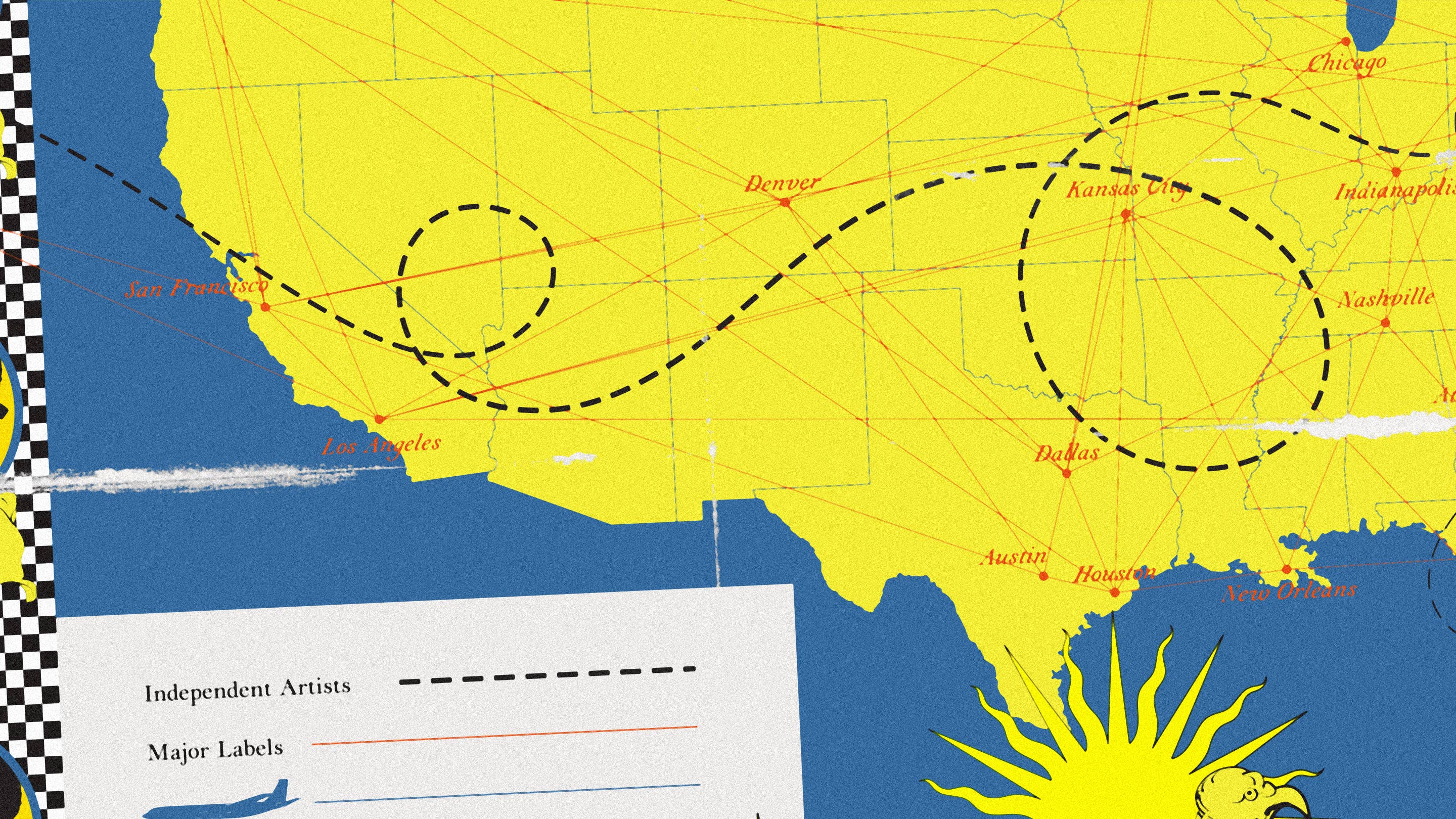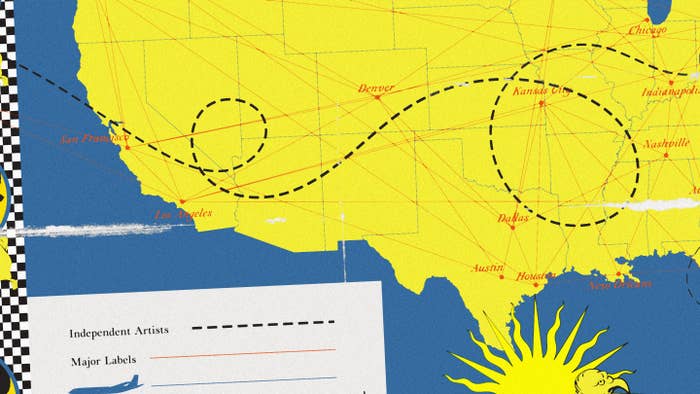
If you’ve been a part of music in the past 10 years, the bright-eyed pitch for independence is a familiar refrain: DAWs and DSPs opened the floodgates, SoundCloud rappers are signing huge deals with songs mixed on Bluetooth speakers—in short, you don’t need a label to succeed.
There’s some truth to it—but our current definition of an “independent musician” is murky at best. Does it mean you own all your masters and distribution? Or does independence apply to artists signed to independent labels? What about joint ventures? What about artists using a Renaissance playbook, funded by a patron that can support them in lieu of a label?
Before looking forward, we’d do well to start by looking back. A decade before the digital revolution cut the music industry off at the knees, independent music had another day in the sun. Until recently, the indie heyday was widely recognized as the grunge and indie rock wave of the ’90s—bands like Nirvana and Pearl Jam proved that “alternative music” could be commercially successful without sacrificing its edge. Indie labels like Sub Pop and ANTI- outflanked the majors and made space for challenging, unique music. The revolution was short-lived, however, and major labels controlled about 72% of industry revenue by 2005.
Fast forward to today and the major label market share remains around 70%. Direct to artist revenue is a point of growth, however, and the barrier to entry has never been lower, and with this newly accessible music industry comes a wealth of questions. Chief among them is this: is a major label deal still a metric for success?
There’s no answer to the question, just an infinite number of opinions. So we decided to gather the opinions of those who might have a better idea than most: independent labels and musicians. In this brave new world of streaming services, merch bundles, and brand partnerships, how can a small artist survive? And what is/isn’t real about the lifestyle and business of an independent artist/label?
It's much more complicated than indie vs. major.
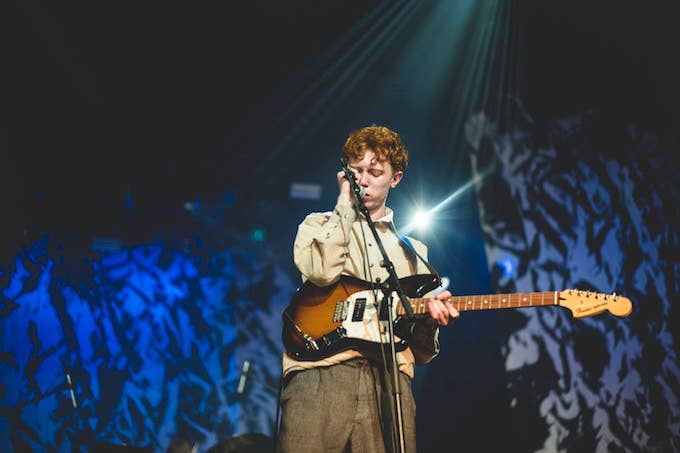
"A lot of our favorite 'independent' artists are secretly signed to major label deals. A lot of unsigned artists are financially supported or invested in by third parties, or managers with a ton of capital. A lot of times I hear this binary understanding of 'majors give you a big bag but you sign away all your rights' and 'indies don't give you any money up front but you keep your masters.' Neither of those is particularly true.
"Some of the big indies have a ton of money to invest in developing artists, and sometimes artists sign super friendly deals with majors where they don't necessarily sign away their masters forever. A lot of the big indies are distributed by major-owner distributors. Some artists don't need labels, some do, or at least can really benefit in their career from it. The one thing I can say for sure, is this indie/major binary isn't real—there's a whole world of nuance in the types of deals artists sign and the way artists' music is treated by their label.
"One consistent experience is that majors really have access to commercial radio that indies haven't had historically. But even that's changed. A lot of the biggest radio tracks of the last few years have come from independent labels. And conversely, some of the biggest artists have succeeded without any radio support at all." - Dean Bein, True Panther Sounds
The one thing I can say for sure, is this indie/major binary isn't real—there's a whole world of nuance in the types of deals artists sign and the way artists' music is treated by their label. - Dean Bein
"I personally think signing a huge deal can sometimes be rooted in an archaic idea of success. It has its benefits for certain artists and I can appreciate that, but for people like me who are trying to push boundaries and have a really specific vision in mind, sometimes having a business partner with a lot of control over your creative can have detrimental effects. I don't want to create anything watered down or something that isn't completely true to myself. I think the main advice I would offer is know the value of you and your art—labels need you more than you need them. With a ton of hard work and good people to help you navigate, it's very possible to be a successful independent artist with a good living, without the constraints of a traditional label. The internet provides that opportunity to be super connected to listeners, and also to collaborators! The world is truly your oyster as an indie musician." - Raveena, artist
"Sometimes the artists on b4 are so new that I find myself helping them build a team, from suggesting publicists to directors, producers to management. This also means working on my relationship with artists so they can trust my ideas. During so many of my first meetings with artists they tell me, 'I have this idea but no one to help execute it.' Surround yourself with other creative, driven people; be open to collaborating with others, listen to feedback, and be patient." - Briana Cheng, founder b4 Sounds / A&R at 4AD
"You have to be assetive and clear-headed in your own vision to end up with art that is completely unique, and it takes an immense amount of communication and patience making the vision that lives inside of your head. Knowing and then asserting my vision is something I learned how to do over time, and the art of communicating that to collaborators is still something I am refining every day. No one you collaborate with—from studio musicians, to producers, designers, directors, hair/makeup—knows the universe that your music and art belongs in better than yourself. Those people cannot create your universe for you, they can only help elevate it with their expertise." - Raveena, artist
You have to be assetive and clear-headed in your own vision to end up with art that is completely unique, and it takes an immense amount of communication and patience making the vision that lives inside of your head - Raveena
"I've experienced certain artists who think that to be truly independent they have to do literally everything when it comes to the creation of the music. Writing, engineering, producing, mixing and sometimes even mastering. It's like a Prince myth: 'Well Prince did it all, so I should too in order to be a real artist.' I really disagree with that. I think a successful independent artist is like a successful architect. An architect isn't in the building laying plumbing down, they put together the right team to execute their larger vision. To not do everything doesn't mean you are suddenly a major label pop star puppet-mastered by profit-driven overlords. It means you're focused on making the best possible version of your work, and trusting the right people to share that vision with the world. The independent artist has confidence in their overarching story and vision but has the confidence to share the responsibility of execution." - Dean Bein, True Panther Sounds
"Independence doesn't mean being independent of a team, and artists doing everything on their own. It’s always great to work with an artist that is hands on with all aspects of their work, but it’s very important to have a team that they can work with that will help execute ideas. One of the artists that we work with that is a great example of this is Knox Fortune—he writes and produces all of his music, and he also creates the artwork for his singles, albums, and promo materials. But he also has a tight network of photographers and videographers that he collaborates with to help bring his vision to life. It’s all about finding the puzzle pieces that fit into your work and creative vision." - Mike Kadziulis, Haight Brand
Yes, Rap Caviar has millions of followers and can provide incredible exposure. But one good look is not a cheat code for lasting success. And even if you get millions of streams on one song from playlist inclusion, those streams don't necessarily equal fans. Instead of worrying about a playlist that someone puts on in the background while they're working, focus on connecting with and cultivating real fans who will buy your merch, come to your shows, tell all their friends about you, and support you today, tomorrow, and in five years time.
The one-fan-a-day mantra is much-repeated, but it works, especially for independent artists in the early stages. Once you've built a following and gained real momentum, those playlists will come calling anyway.
Music first.
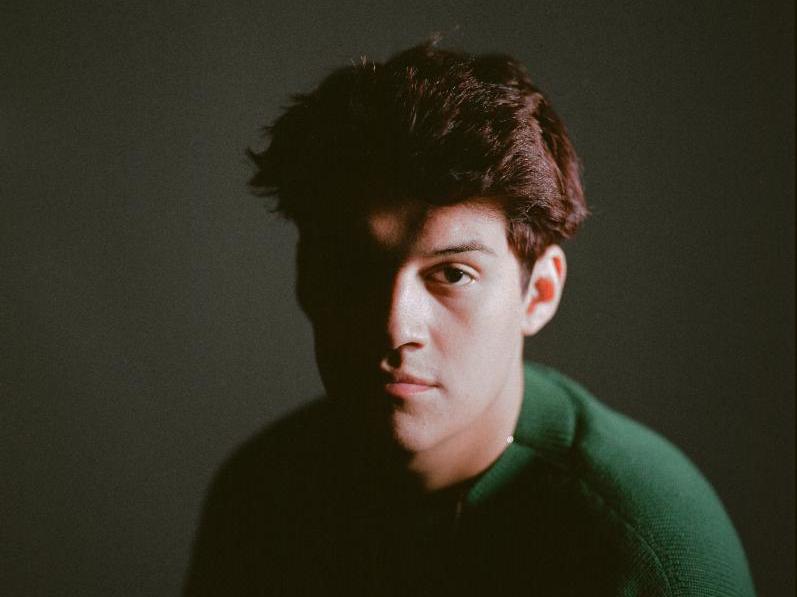
"If I were to give advice to an indie musician starting their career it would be to just focus on the music. Everything else will come if you really care about your music and focus on growing as an artist. The right managers, agents, etc will all come to you if it's meant to be. Don't waste time trying to seek out a team. Your team will find you if you just focus on making the best music possible." - Omar Apollo, artist
"Being an independent artist in 2019 is kind of murky because lots of people like to claim it, when in reality they have huge financial backings and ultimately someone to answer to. For me it’s more about operating exactly how I want to. I own my own masters, set the schedule, and make sure that my music and art is being used in ways I find appropriate and fulfilling." - Knox Fortune, artist
"Talya and I [the team behind the label GODMODE] are trying to get a lot of stars to align: the person, the story, the point of view, the look, the sound, the song, the lyric. If those elements don't align clearly and cogently, it's more or less impossible for an artist to break through—indie or otherwise. Independent does not mean 'label gives artist money and the artist has the divine right to do whatever artist wants.' You're going into business together. You're agreeing to join forces and be honest with each other about the work." - Nick Sylvester, GODMODE
You're going into business together. You're agreeing to join forces and be honest with each other about the work. - Nick sylvester
"I think there's a lot of confusion about what a label, much less an indie label, is these days, both from artists and the labels themselves. I think for a label to be successful now, we have to be very nimble and offer the right combination of services specific to an artist. Otherwise go self-release and do a distribution deal. Or play craps, and get a bag from a major. The best artists I've worked with live in their own world—they don't pay attention to the music or activity going on in the culture around them. That's a good thing, but it can also create a sort of vacuum of context. The label's there to give context—to be another voice in the process of the development and creation of the music." - Dean Bein, True Panther
"A huge part of what happens first is to throw out all preconceived notions of how releasing music works and simply put all our resources on the table. The unique combination of talents and opportunities the artists and myself have usually point towards a way of doing things that can be different every time. Fame and success never look the same twice, so you shouldn't plan on heading towards any particular form of it. Instead focus on your weird strengths and do your best to show them off to the world. When it finally clicks, it will do so in its own way and the positive results will come, just not in any predictable manner." - Brian Miller, DEATHBOMB ARC
focus on your weird strengths and do your best to show them off to the world. When it finally clicks, it will do so in its own way and the positive results will come, just not in any predictable manner. - Brian Miller
"When True Panther had our first big(ish) album Geoff Travis, the founder of Rough Trade, told me 'Your brain is going to compel you to try and recreate this success. You're going to look for artists that sound, feel or look like the success you just had. There's little you can do about it, but try not to. Instead, try to remember the spirit of the artist you signed and what drew you to them.' Recreating musical successes is what majors do, indies are there to feed, support and expand upon the vision of unique artists, some of whom are once in a lifetime. Try to look for the feeling that first artist awakened in you, not the sound, commercial potential or specific cultural moment they captured." - Dean Bein, TRUE PANTHER
You'll need more than streaming revenue to survive.
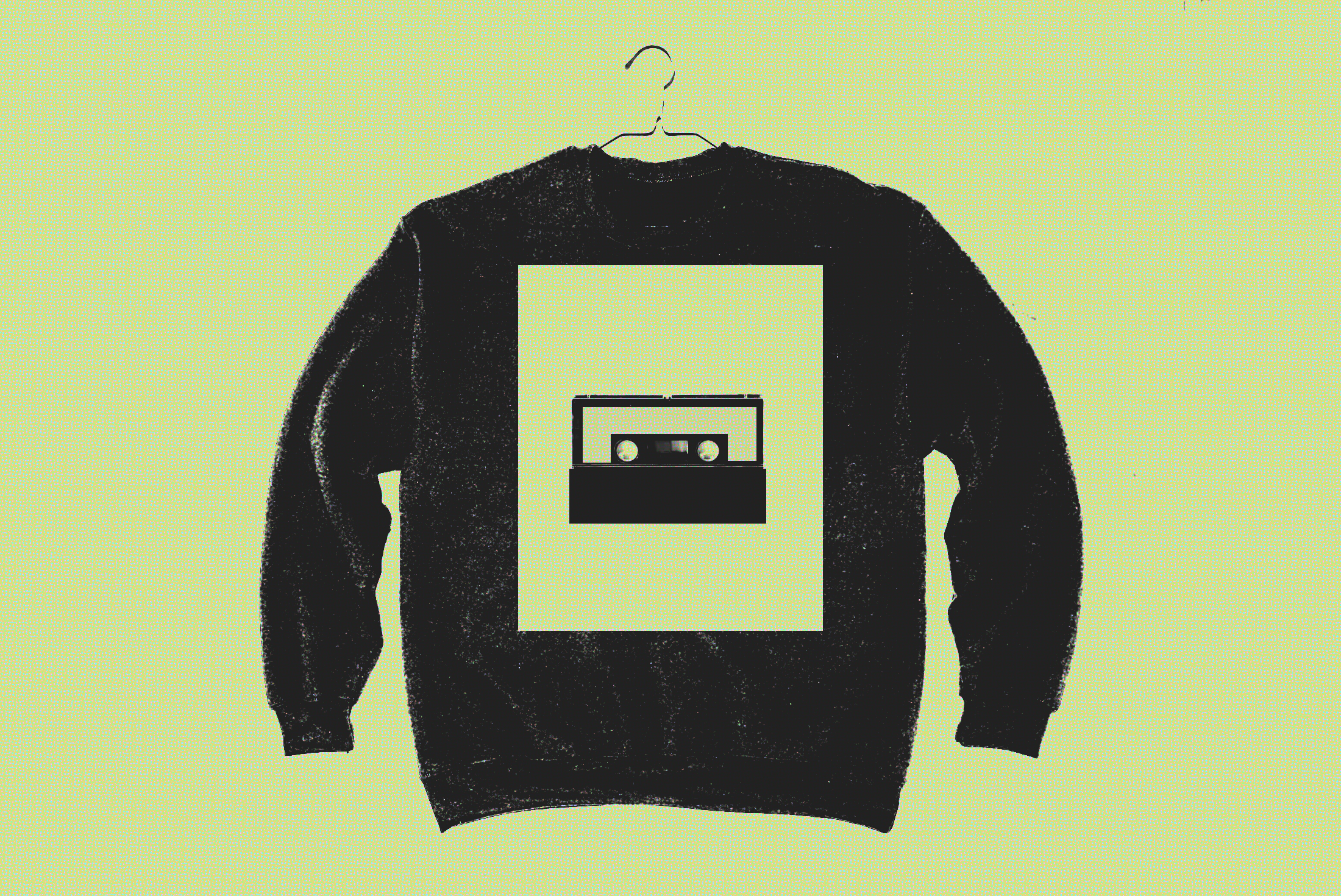
Play the long game.
View this video on YouTube
"Everything depends on your situation. I became very business savvy and learned a lot on my own. It took me almost 7 years of that to get here. Some artists don't really have the time, patience or money, to build on that. If you're one of those you may have to consider a lesser deal or find a management team with the dedication and resources. This is something that rare especially for a new artist that isn't bringing in much money. If you happen to stumble upon a viral hit, you may have a short opportunity to capitalize on a good deal while rising to mainstream success. I guess it all depends on where you are and what your goals are. This answer varies from person to person." - IDK, artist
"Something that's become really clear in the last few years is the value and importance of catalog. When I started True Panther it was very much the CD/LP/mp3 era and most of the income that we'd generate from a release would happen in the first few months of release. Now catalog is valuable for the longterm. So I think it's more important than ever for a label to invest in music that they believe in, and create a catalog that has an identity that can form a sort of guide for people down the line. I think that for both indies and majors, there's this assumption that once you're signed you're a 'professional musician,' that's not always the case. Things take time." - Dean Bein, TRUE PANTHER
Nostalgia for the blog era has really set in the last few years. The borderless days of ripping MP3 downloads are long gone, overrun by the internet’s capabilities. While some of the publications themselves are still around (hello), the days of MP3 downloads and rushing to post news are behind us. Many of the things that made blogs special—having new music first, comment sections, and personality—have migrated to social platforms and forums.
Don’t focus on media cosigns or PR, especially early on. Your time is better spent building a local following or finding your own fans online. The communities once fostered by blogs are still out there, and the internet can be a hugely powerful tool for independent musicians.
There's history here, but carve your own lane.
View this video on YouTube
"We go out of our way to only work with fellow indie folks who are decent and hard-working. We don't like working with jerks! As long as everyone is honest and working together we know we've done as much as we can for an artist. Coming of age in the '90s when being independent was at a premium (at least in the indie subculture that I was a part of), I still try and keep as much of that alive as possible. We do our best to give our artists as much artistic freedom as possible." - Todd Hyman, Carpark Records
"Honestly in the way beginning, major labels didn't want to sign me just because I was Indian. They told me there was no space for me in American music as a South Asian woman, simply because I don't have that many pop contemporaries before me. I feel like now, with both the help of an amazing internet community and my amazing management and distribution team, I can slowly but surely carve out a unique space for myself and prove those people wrong. I also feel very free to say whatever I want to say, make what I want to make musically and visually, without any outside pressure to make a 'hit' record." - Raveena, artist

